Googling vs. AI: Are Your Problem-Solving Skills Getting Rusty?
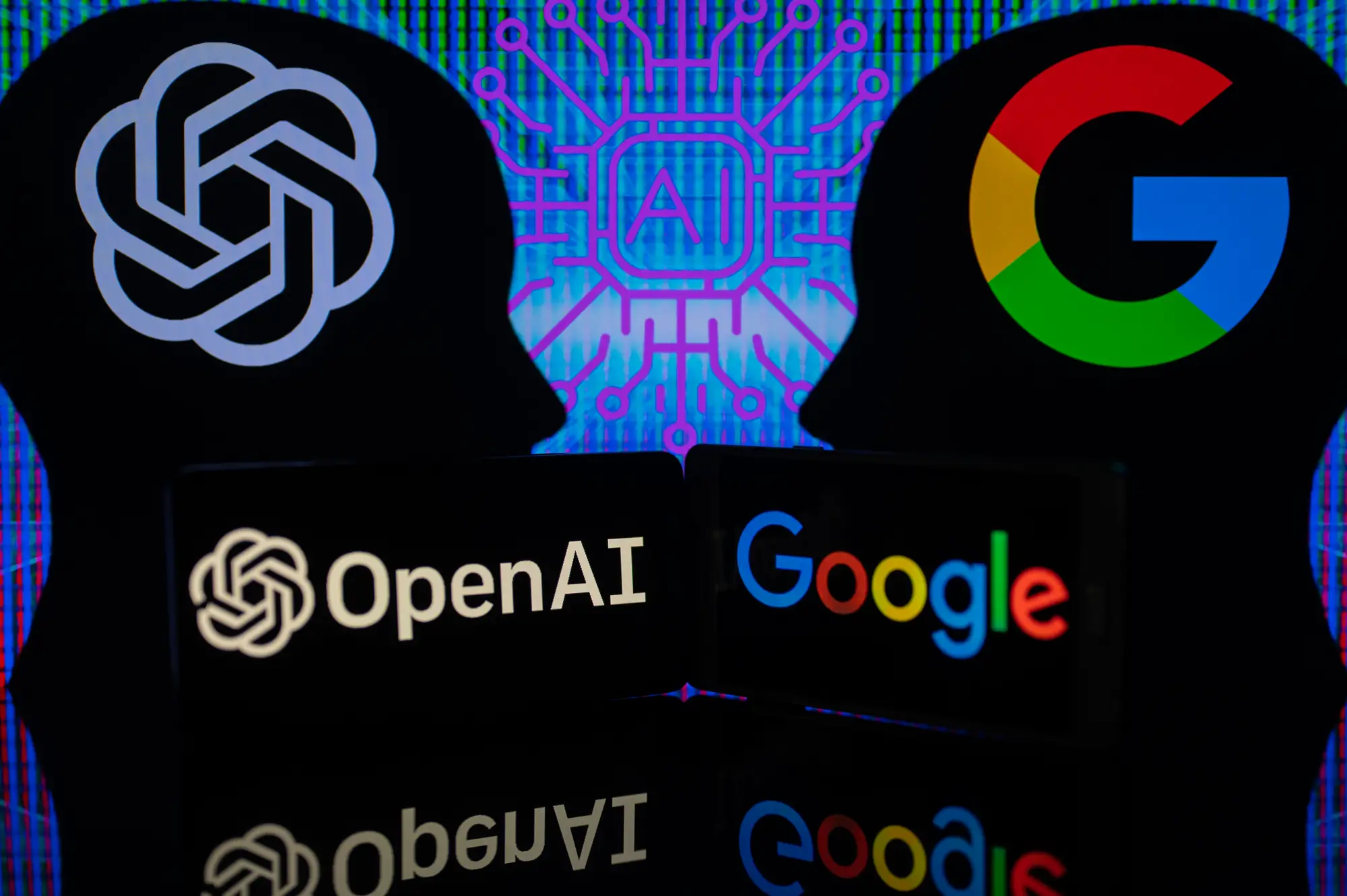
“Have you tried Googling it?
It's often said with a level of sarcasm or jest, but it’s a good question—have you actually tried googling it and making your mind up instead of asking AI?
We’ve all been there—nine pages deep on Google when you stumble across a 2012 forum post that contains the gold you are looking for.
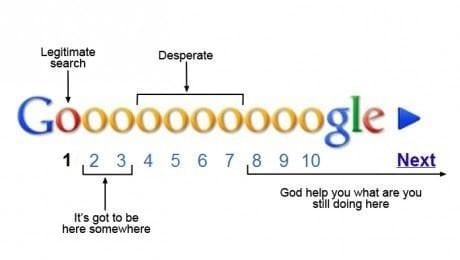
But now people aren’t googling things anymore – they are using AI. The Information found that 77% of people go straight to AI as opposed to traditional search engines.
An April 2024 poll from Gartner suggests 75% of software engineers will use generative AI assistants by 2028. In 2023, it was less than 10%.
And now ChatGPT has dropped the sign-in requirements for search, it's become even easier.
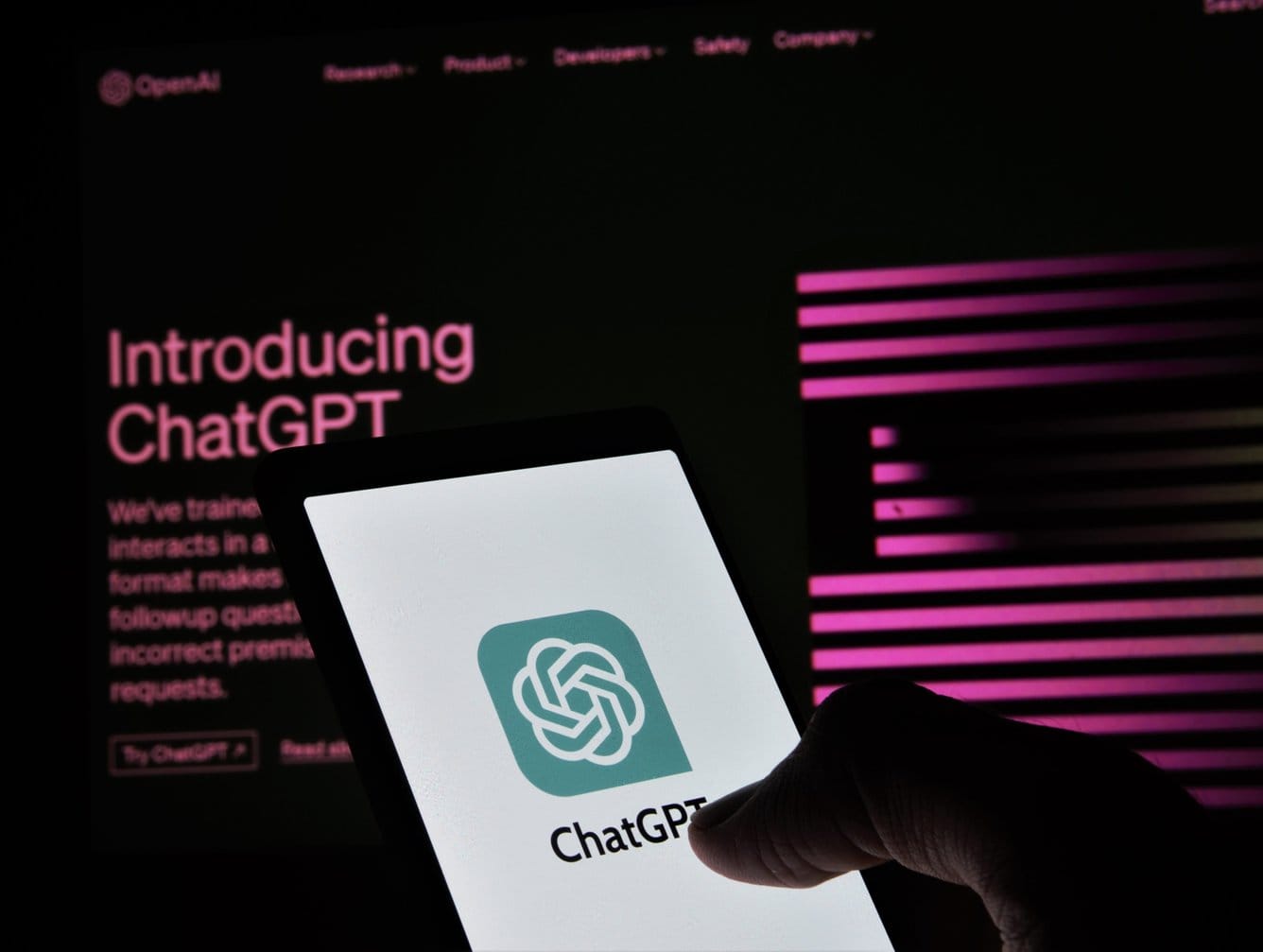
The Art of Googling: Why It’s Still an Essential Skill
I often say to engineers that there is an art to Googling as a troubleshooting method. Okay, it's not very glamorous, but it’s certainly a skill set you must possess as an engineer. When you’ve got the entirety of humankind’s knowledge at the tips of your fingers, it's important you know how to navigate it.

But AI can do all that, right?
AI can certainly go and summarise for you. But it definitely won’t give you the best advice when asking how to troubleshoot it when it’s gone wrong. And here lies the issue—when you are following the instructions of an AI chatbot verbatim, you are denying yourself the opportunity to fully understand what you are doing.
AI vs. Google: The Key Differences in Troubleshooting
AI is great for suggestions, but it should remain only that - a suggestion. Utilising AI may help you find the solution, but what is a solution if you don’t understand the problem? It’s a sticky plaster we know will fall off.
You should aim to fully understand the problem you are trying to overcome instead of just finding the fix.
- What if it happens again?
- What if a similar issue arises that requires a different fix?
If you understand the issue using traditional research skills, you prepare for those other scenarios. And the deeper you get into Google, the deeper your technical expertise, troubleshooting skills, and patience become.
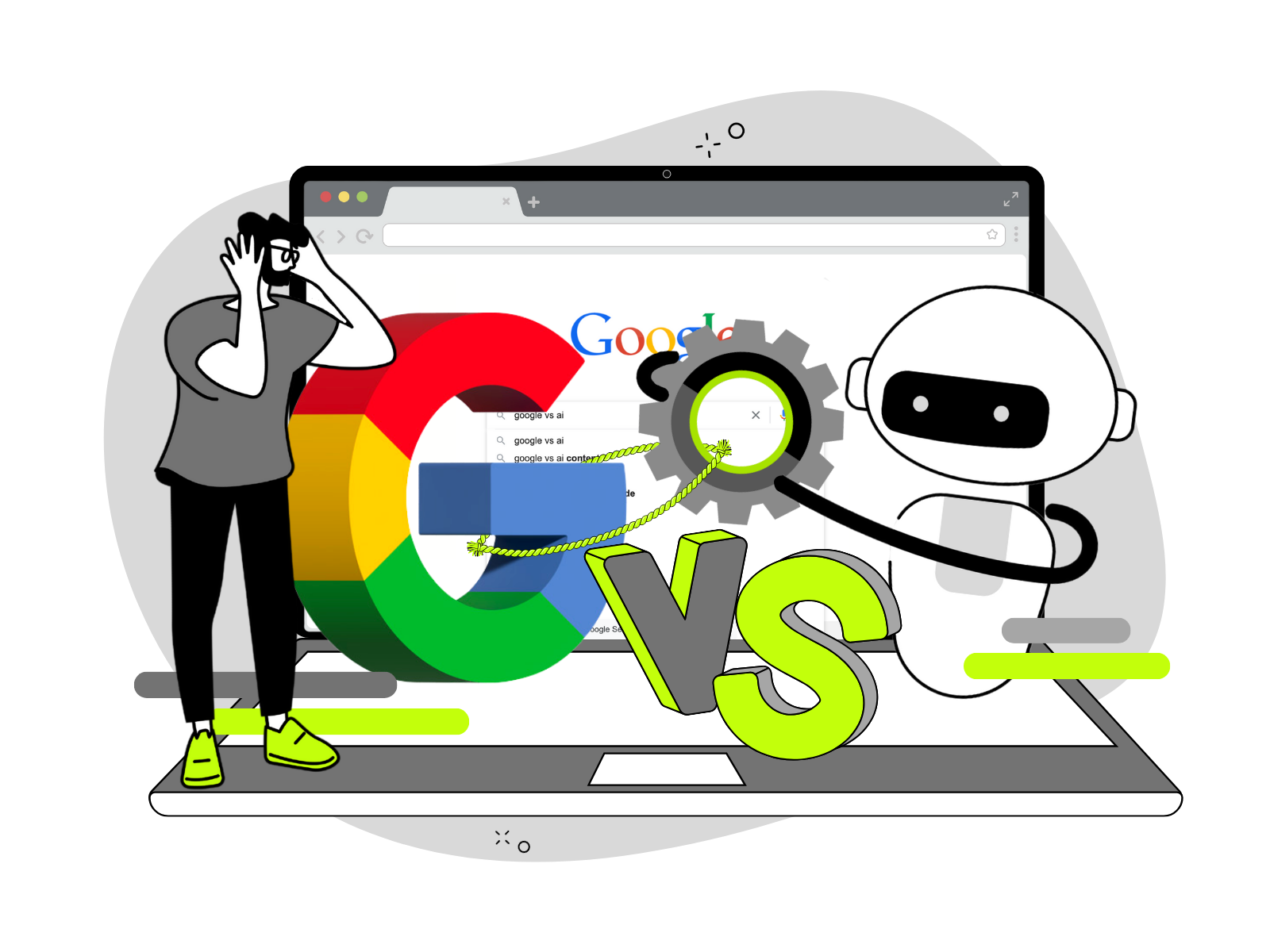
The Hidden Dangers of AI in Troubleshooting
Other than the obvious risk of running AI-generated code on a production system in the middle of the day with no redundancy or recovery, there are a few other dangers that aren't immediately apparent when relying on AI for troubleshooting:
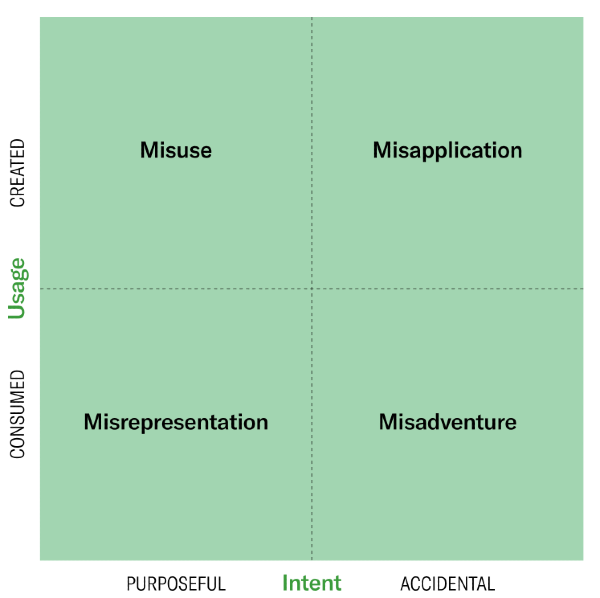
Risk 1: Trusting the untrusted
Are you checking the AI-proposed solutions before introducing them to your environment? If you don’t know enough about the issue to have to lean on AI, how can you confidently say you’re happy with the suggestions from AI?
Risk 2: Information divergence
In a frantic scramble to find a solution—are you telling AI a bit more than you probably should? Would you post in an online forum with the same level of detail and associate it with your name and business email? Samsung banned it for this reason.
Risk 3: I have no idea what I’m doing
Are you blindly following AI suggestions without a true understanding of them?
What should be done if something goes wrong, or if there’s an expectation to document the issue in formal documentation, like a post-incident review?
Risk 4: Back to basics
Are you wasting time exhausting AI suggestions before moving on to the proper troubleshooting methods? And worst of all—are you becoming dependent on AI and therefore complacent in your responsibility as an engineer?
Risk 5: Gut feeling
That gut feeling you get isn’t just a gut feeling. It’s your subconscious brain processing patterns, memory & experiences. By using AI, you are depriving yourself of these experiences that make up this intuition. You also can’t use your gut feeling when you’ve not got the raw details.
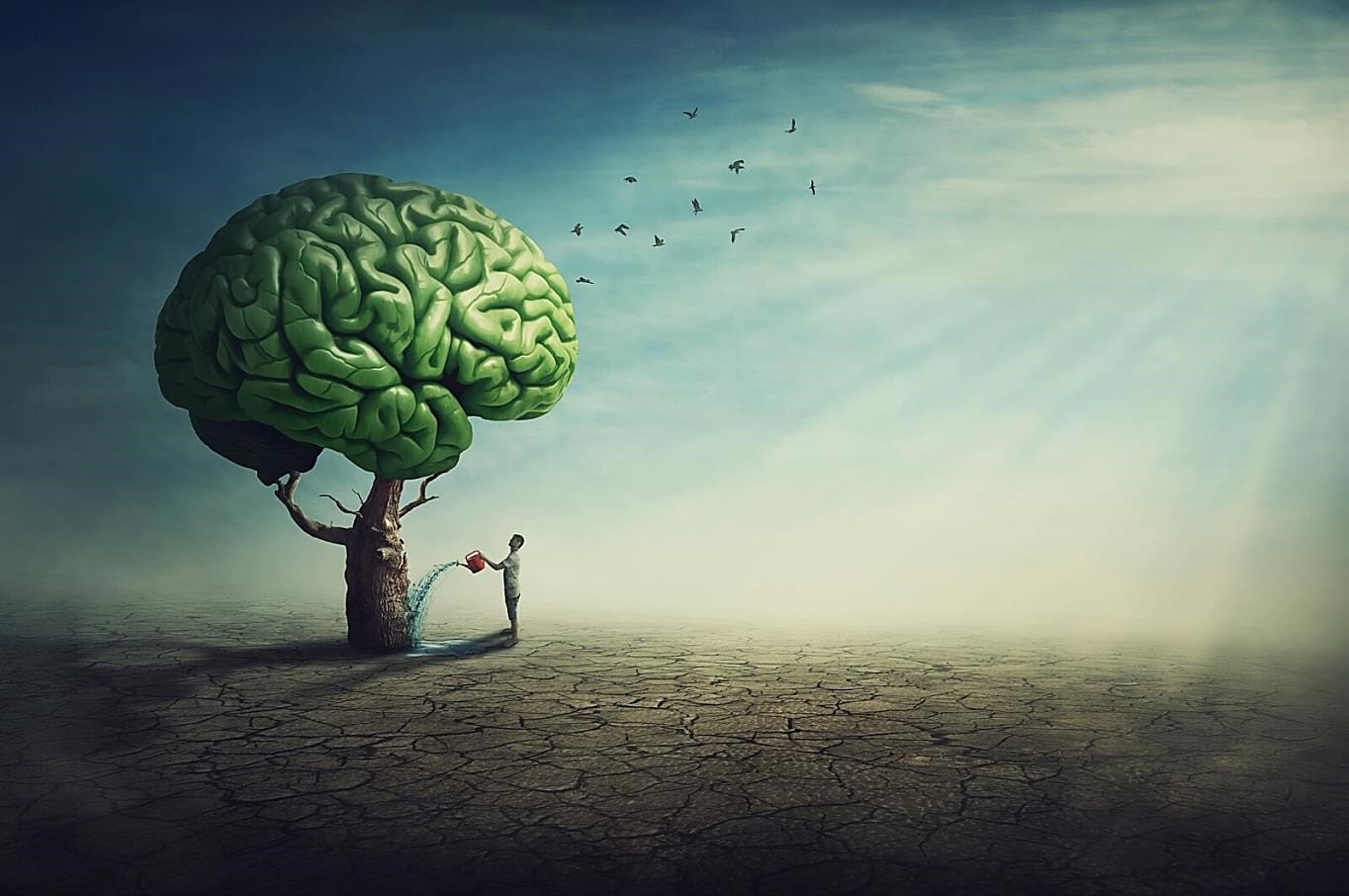
What Can We Do Instead?
Googling is an underrated skill.
Few engineers openly admit to using it, even though it’s a crucial troubleshooting tool. Perhaps that comes from the same instinct that leads us to think we can build some IKEA furniture without reading the manual—only to start again after building a backwards nightstand.
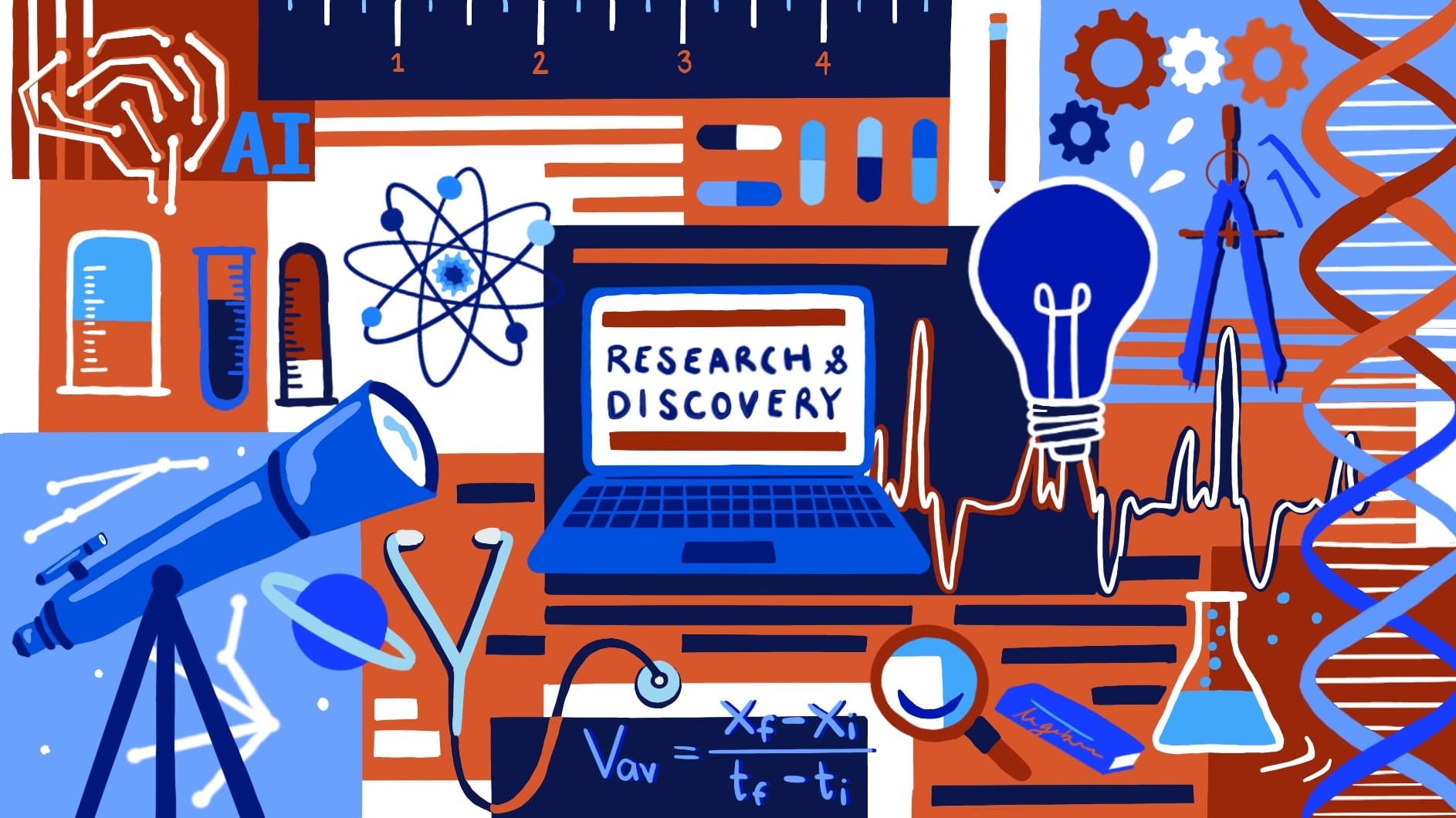
But there are plenty of things we can try—and everyone’s different, so you need to experiment:
1. Research
You need to be able to research properly. Weigh up options and compare and contrast configurations, code, issues, and symptoms. This is lost when using AI.
The more you use AI, the less you're developing your digital literacy, problem-solving, and critical thinking skills.
2. Test & Lab Environment
Trust me, you will learn far more with this method than you ever will with AI. Practical experimenting is where most learning will happen, and a test environment is the place to do this.
3. Forums
Do you know who understands your issue better than AI or yourself?
Other people who have experienced the same issue!
By using AI, you are denying yourself access to some of the most valuable insights available in the likes of Reddit, Technology-specific forums and blogs.
Dave22 from Cisco Community may well be your knight in shining armour.
4. Content That Isn’t Scraped
AI can access a lot, but it also can’t access a lot. There are many ways page owners can block AI from scraping their pages:
- Technology-specific documentation behind a sign-in wall
- Community spaces
- Whitepapers and academic research
- This blog!
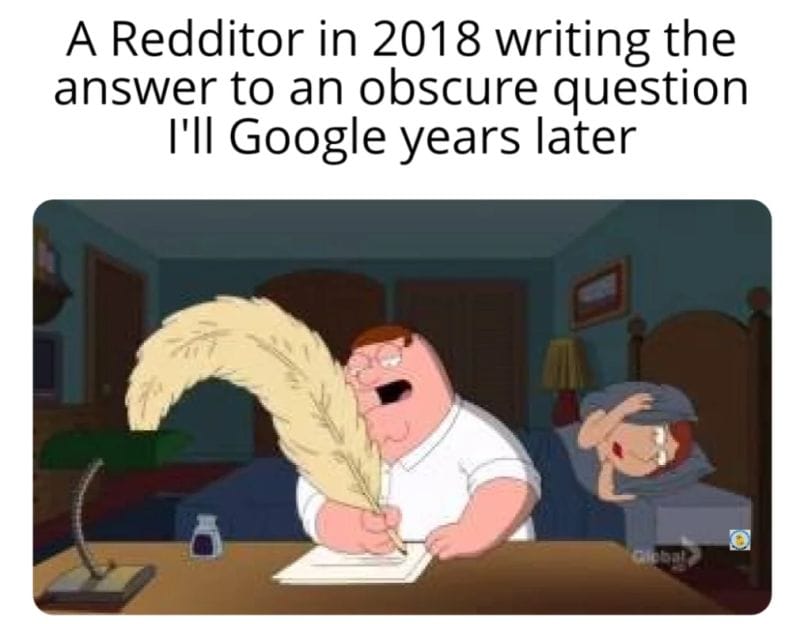
Final Thoughts
With AI becoming the go-to tool for troubleshooting, it’s an important time to keep on top of your troubleshooting skills and not get sucked into the AI hype.
As it gets easier to identify those who use AI for troubleshooting versus those who do not, make sure you put yourself ahead of the game and focus on your troubleshooting skillset.
After all—AI is a tool, and a hammer can’t be used for every job.
Unless, of course, you are Jeremy Clarkson...

